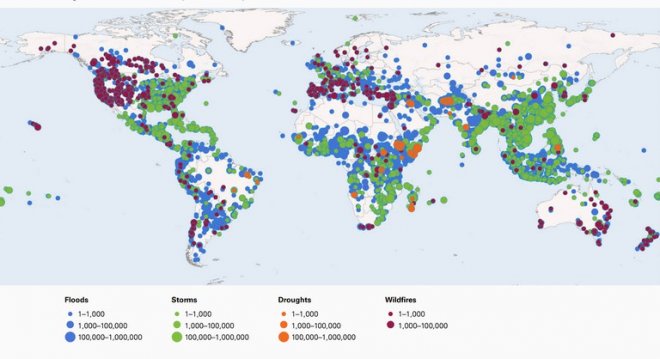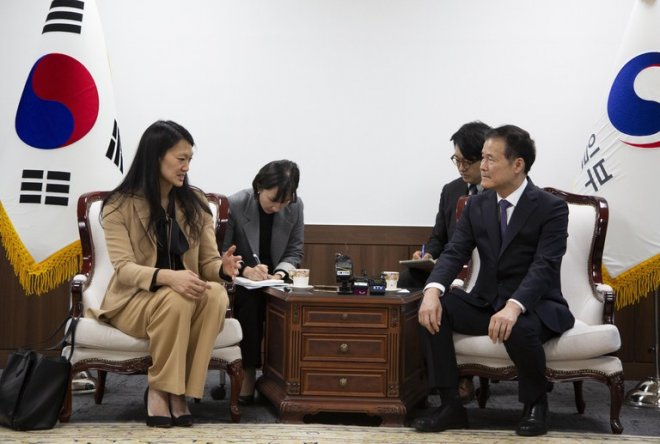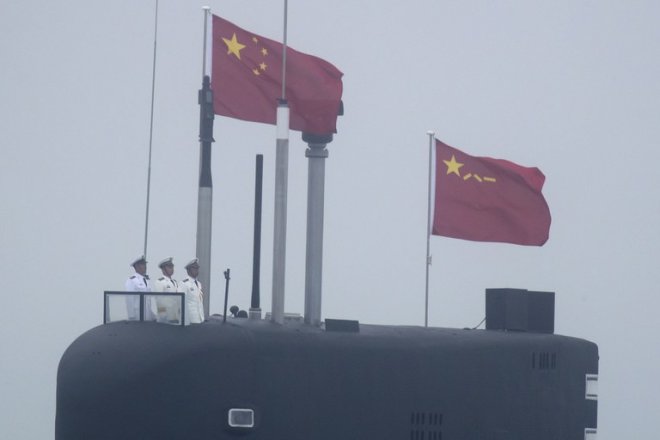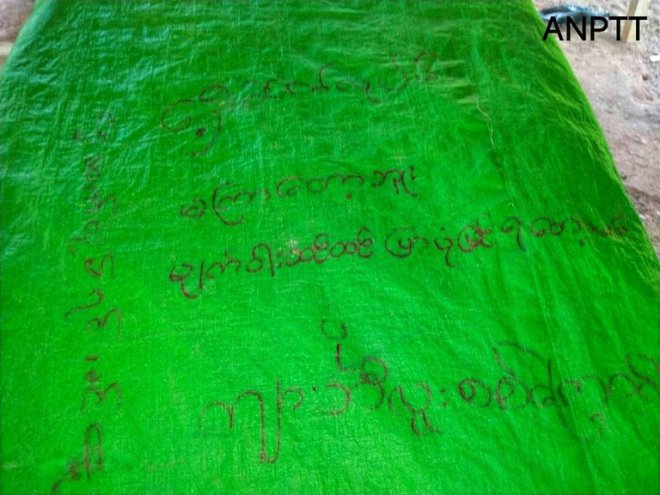Philippines: ASEAN must ensure South China Sea stability, economic growth
Southeast Asian nations are emerging as “middle powers” capable of ensuring stability in the South China Sea amid a rivalry between China and the United States, the Philippines’ top diplomat said Wednesday.The Association of Southeast Asian Nations has a large role in ensuring peace in the region, Foreign Affairs Secretary Enrique Manalo said according to official transcripts of a televised interview with CNBC.
“We, the countries surrounding the region, we’re growing into middle powers, middle-income countries and we have a very important role to play, especially in the context of ASEAN centrality,” Manalo said during the interview.
“ASEAN has a very big role to play in trying to ensure that the region maintains a modicum of peace and stability and so that we can all develop and promote economic growth.”
He gave the interview a day after the Philippine Supreme Court declared that a South China Sea oil exploration deal struck between Manila, Beijing and Hanoi in 2005 was unconstitutional.
The Joint Seismic Marine Undertaking deal was illegal because it went against a constitutional provision that sought to safeguard the Philippines’ natural resources, the court ruled.
The pact, which covered about 80% of Philippine territorial waters, was designed to allow for seismic exploration in an area encompassing nearly 150,000 square km (57,900 square miles) of the waterway west of Palawan island.
“[T]here’s been no official response yet. In fact, we are still waiting for the official feedback from the Supreme Court. But of course, we are aware of this decision,” Manalo told CNBC, referring to the Chinese response to the ruling.
He noted that President Ferdinand Marcos Jr. returned to Manila with a host of agreements after his state visit to Beijing last week. Those agreements included deals on agriculture, renewable energy and infrastructure.
“[T]here was a general understanding that we would resume talks in oil and gas development. But of course, there were no details,” Manalo said. “So we’ll have to see how this fans out with respect to oil and gas development.”
‘Competition’
Despite a geopolitical rivalry between the two superpowers, the foreign secretary stressed that the Philippines seeks to gain from its ties with China, which Manila sees as an economic benefactor, as well as with the United States, its longtime main military and defense ally.
“[T]he competition between the United States and China affects not only the Philippines, but I suppose every other country in the region,” he said. “But I suppose competition is much better than conflict.
“And in the case of the Philippines, we, of course, are a very close partner of the United States, we have traditional ties with them. And at the same time, we have equally close relations with China, especially in the economic field, so these are areas which we are seeking to exploit,” he said.
China claims nearly all of the South China Sea on historical grounds, including territories within the exclusive economic zones of Brunei, Malaysia, the Philippines, Vietnam and Taiwan. It also claims historic rights to areas of the waterway that overlap Indonesia’s EEZ as well.
Beijing has continued to ignore an international arbitration court’s 2016 ruling for the Philippines that invalidated China’s claims to the sea region.
Marcos brought up the issue when meeting with Chinese President Xi Jinping during the state visit, resulting in the leaders agreeing to set up a direct hotline to avert miscommunication in the South China Sea.
BenarNews is an RFA-affiliated news service
[圖擷取自網路,如有疑問請私訊]
|
本篇 |
不想錯過? 請追蹤FB專頁! |
| 喜歡這篇嗎?快分享吧! |
相關文章
AsianNewsCast























